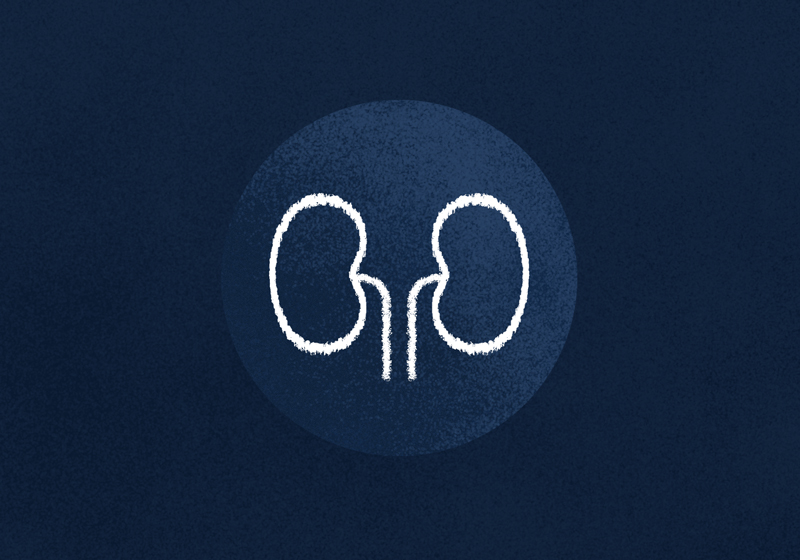Kidney cancer

What are the kidneys and what do they do?
Your Kidneys are vital organs for your Health. They are two bean-shaped organs on either side of your spine, just below your ribcage. They filter waste and excess fluids from your blood, maintaining the balance of minerals and salts and making urine. Kidneys help regulate your blood pressure and produce a hormone called erythropoietin, which stimulates your bone marrow to make red blood cells. Your kidneys are like your body’s natural filters, keeping your internal environment in harmony.
What is kidney cancer?
Also called renal cancer, the cancer begins when kidney cells grow uncontrollably. These abnormal cells can form a tumour, which can be benign (non-cancerous) or malignant (cancerous). Like most cancers, kidney cancer is most treatable when found in its early stages. If the cancer is detected early, before it breaks through the outer covering of your kidney, it is often curable. The common types include:
- Renal Cell Carcinoma (RCC): This is the most common type, accounting for about 90% of cases. RCC usually starts in the cells lining the small tubes in your kidneys.
- Transitional Cell Carcinoma (TCC): This less common type affects the lining of the renal pelvis and ureter, which are parts of the urinary drainage system.
What causes kidney cancer?
Kidney cancer can develop for several reasons, and while the exact cause isn’t always clear, some factors can increase your risk:
- Smoking: Smoking is a significant risk factor for kidney cancer.
- Age: This cancer is more common in people over the age of 40 and more common in men.
- Family history: If you have a family member with kidney cancer, your risk may be higher.
- Occupational Exposure: Some jobs, like working with certain chemicals or heavy metals, may raise your risk.
- Long-term dialysis treatment: Dialysis is cleaning your blood by passing it through a particular machine and is used when a person’s kidneys aren’t functioning correctly.
How is kidney cancer diagnosed?
Detection is usually incidental when you have an abdominal scan for other reasons. Rarely, you may have blood in the urine or flank pain. To make an accurate diagnosis and determine the cancer stage, you may require extra tests such as:
- Imaging Scans: CT scans, MRIs, and ultrasounds can provide detailed images of your kidneys and any suspicious growths.
- Biopsy: A small tissue sample from the kidney is examined under a microscope to confirm the presence of cancer cells.
- Blood and Urine Tests: These tests can help assess kidney function and detect substances that may indicate cancer.
Diagnosis is a critical first step in creating a personalised treatment plan tailored to your needs.
How is kidney cancer treated?
Treatment depends on various factors, including cancer stage, overall health, and preferences. The treatment options are:
- Surgery: Surgery may be necessary to remove the tumour (partial nephrectomy) or the entire kidney (radical nephrectomy). Minimally invasive techniques such as laparoscopy and robotic surgery allow a quicker recovery.
- Ablative therapy: a needle is passed through the skin to kill the cancer cells with extreme cold (cryotherapy) or heat (radiofrequency ablation)
- Radiation Therapy: High-energy rays used to kill cancer cells
- Targeted Therapy: Medications targeting specific cancer cells or pathways can effectively slow cancer growth that has spread outside the kidney.
- Immunotherapy: These drugs help your immune system fight cancer cells.
- Active Surveillance: In some cases, especially for small tumours that do not risk spread, close monitoring without immediate treatment may be an option.
Dr Sethi will work closely with you to determine the most suitable treatment plan based on your unique circumstances. Our team is here to provide support, information, and compassionate care every step of the way.